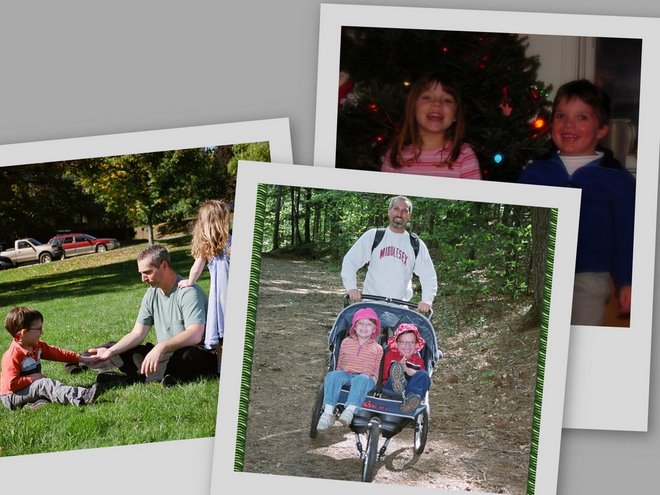My next door neighbor and I were discussing the Cashman case. It may be difficult to parse the politics from the jurisprudence, but one lesson is clear. Our penal system is not well designed for rehabilitation. And, unless we plan to incarcerate for life or kill every offender – an impossible proposition – we must examine and amend our criminal codes to rehabilitate offenders as early as possible. This concept of rehabilitation, remuneration and reconciliation has vanished from our social consciousness. Instead we take the stance of harsh and quick revenge or retaliation if you will.
Justice Holmes, in his landmark book, The Common Law, notes the origins of liability in the societal need for revenge. The English took liability so much to the extreme that law made liable a tree whose branch had fallen and injured a person. It called for the tree to be summarily executed, chopped down and delivered to the victim or his family. I think weÂ’ve gone that far.
Last night Satya asked me about torpedoes (blame a Calvin & Hobbes strip, in which Calvin shouts “Awooga” as his bathtub battleship is attacked by a Hobbesian cannon ball). She wanted reassurance that the only case in which one country or interest might use torpedoes against another would require unwavering doubt that the other party was “bad, bad, bad.” Yes, that is three bads.
I did not hesitate in my response. I told her that was absolutely the only time that we should cause such harm to another person or nation, but that often we acted out of anger and a desire to revenge rather than out of an effort to understand. And that in acting without understanding, we might often find ourselves doing harm rather than repairing the situation.
How like a child to go to the heart of an issue, setting aside the theater of war (i.e. the dramatics) for concern for the people in it. Whether at war or in an embattled society in which the penal population inevitably grows, Satya has reminded me to get back to thinking about the people.


